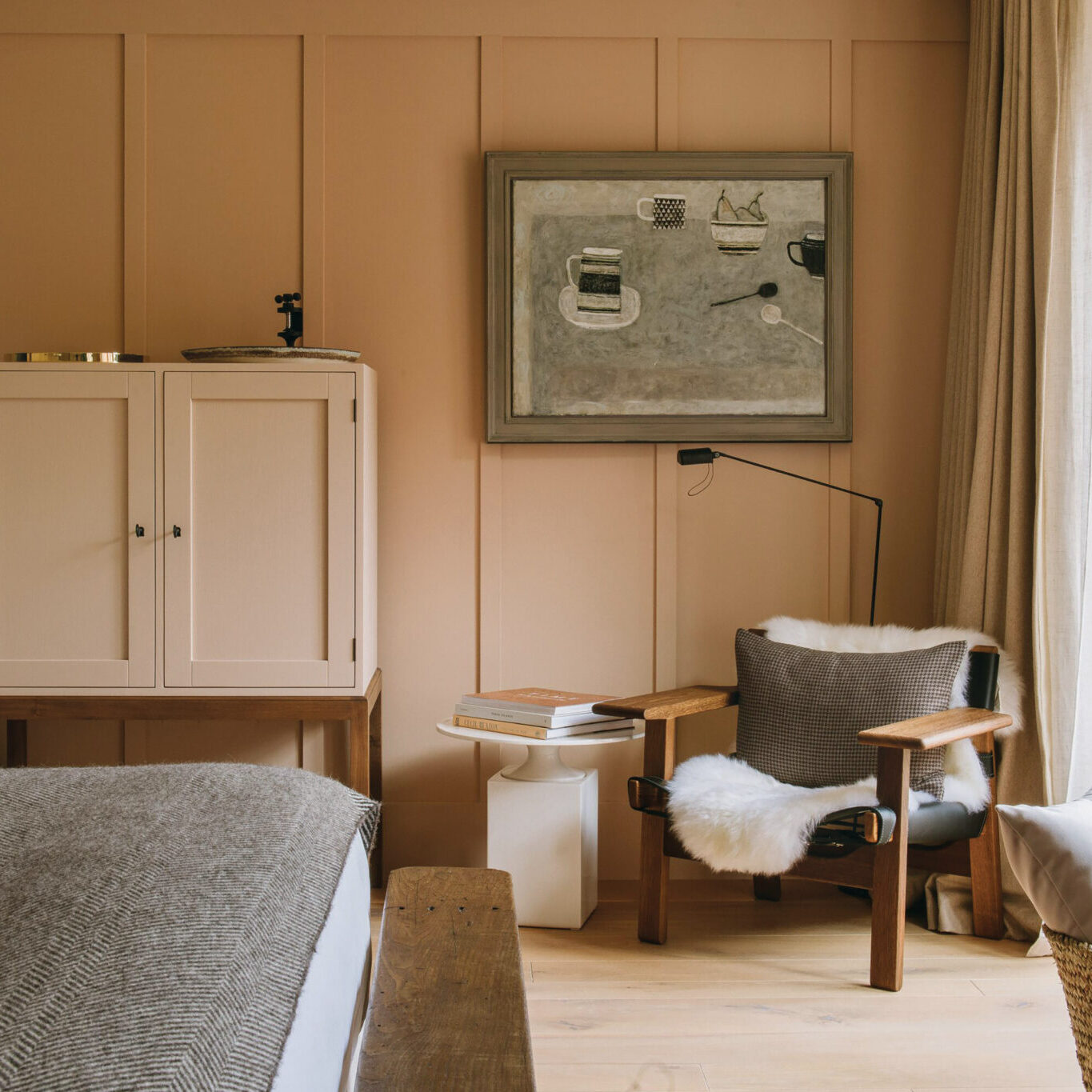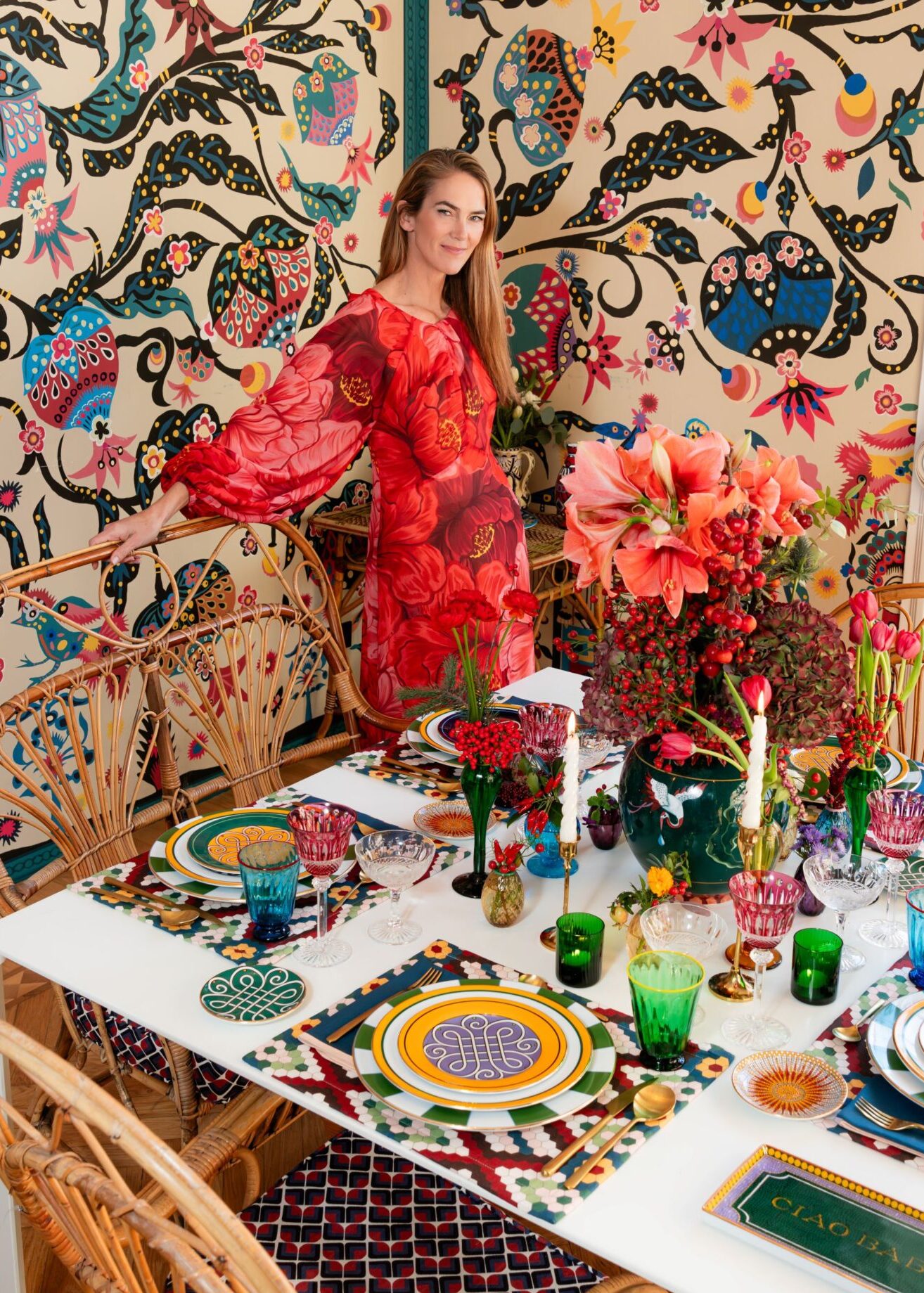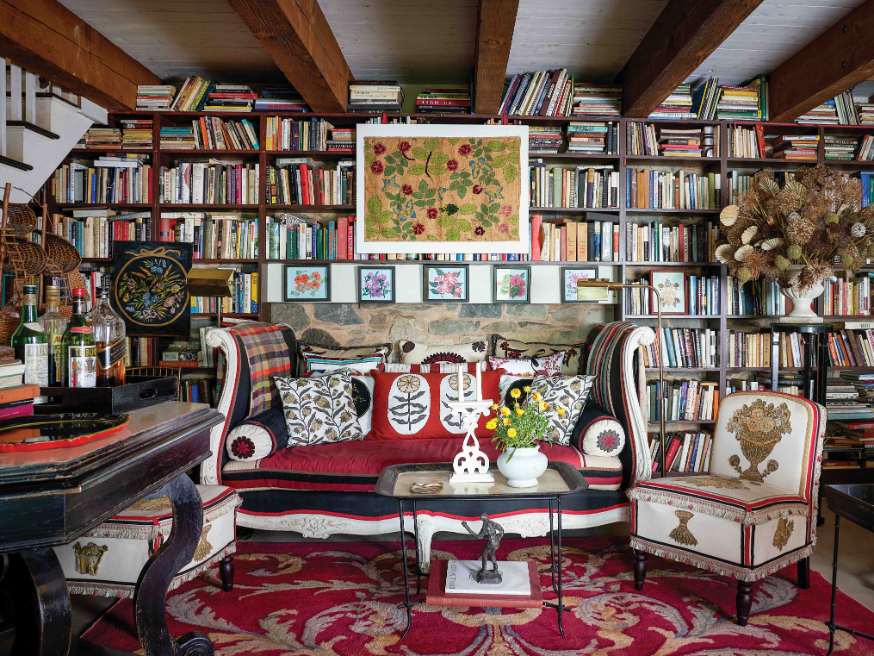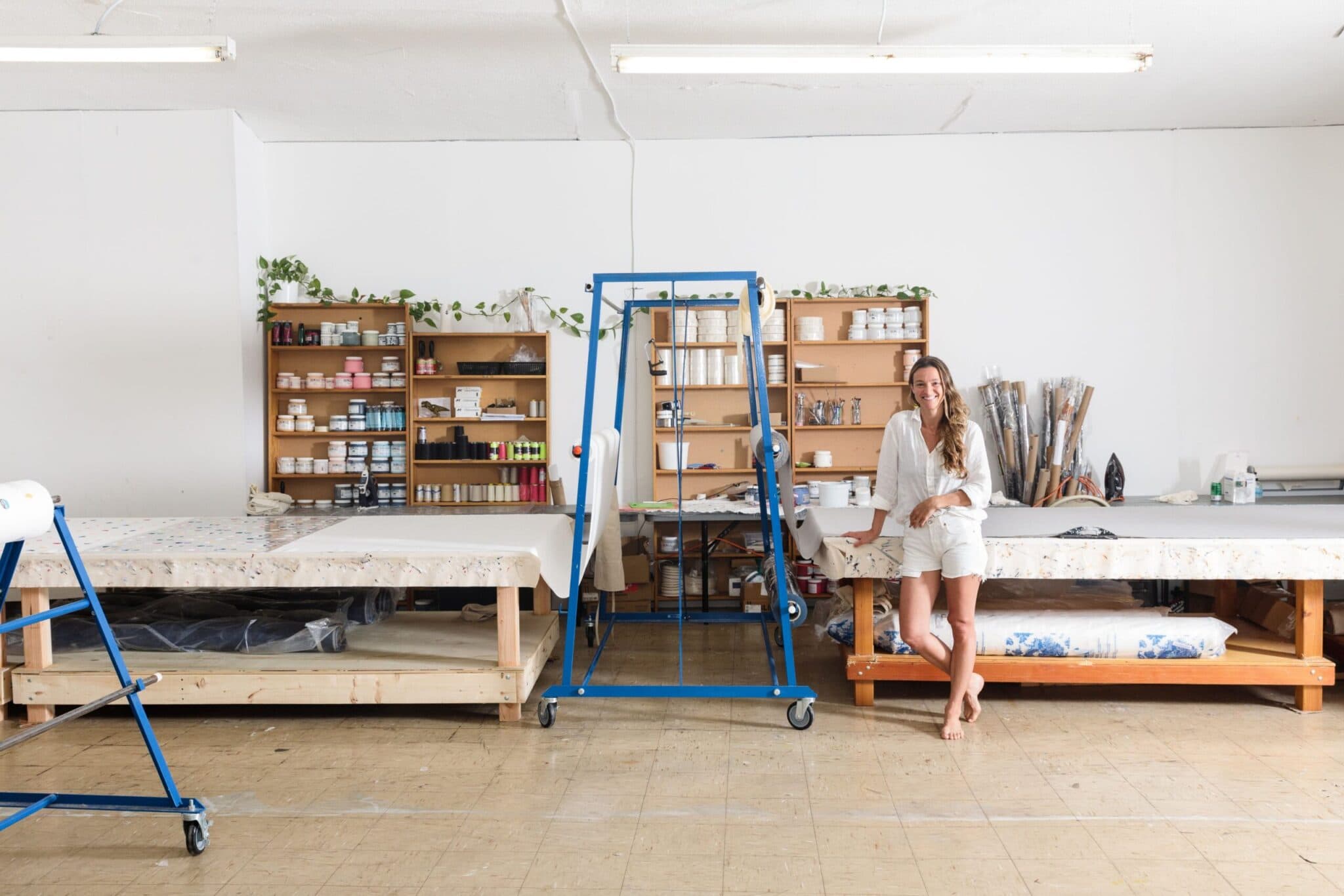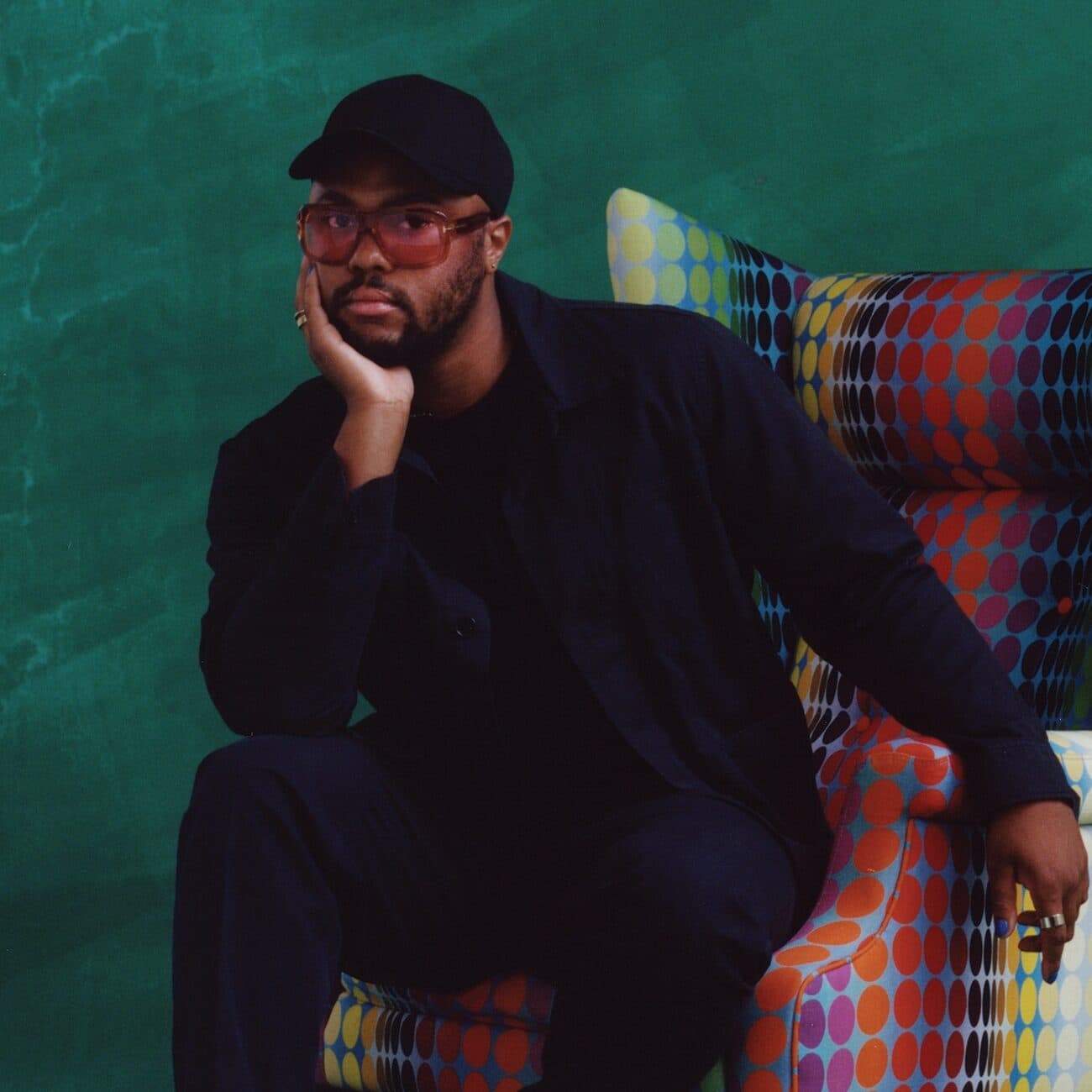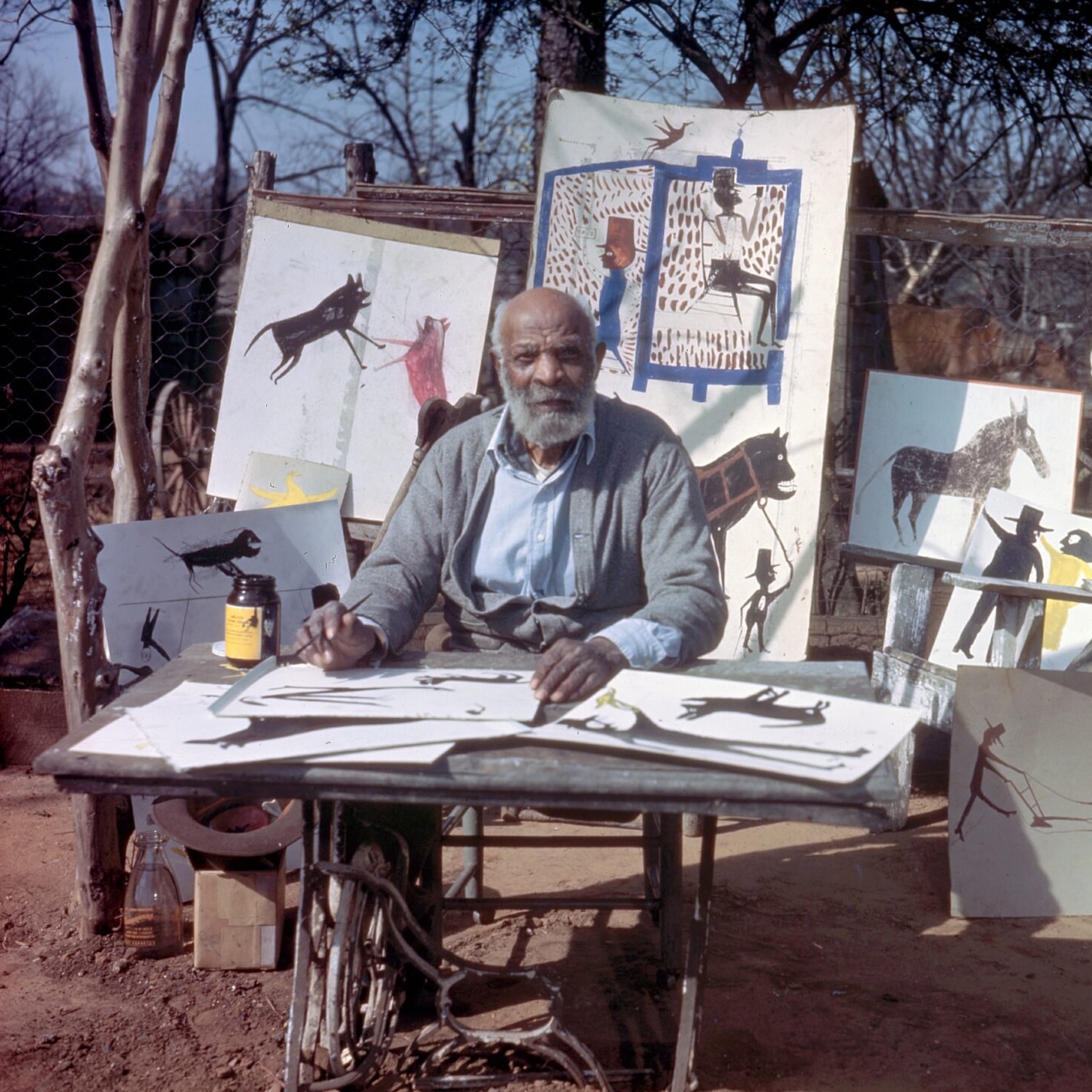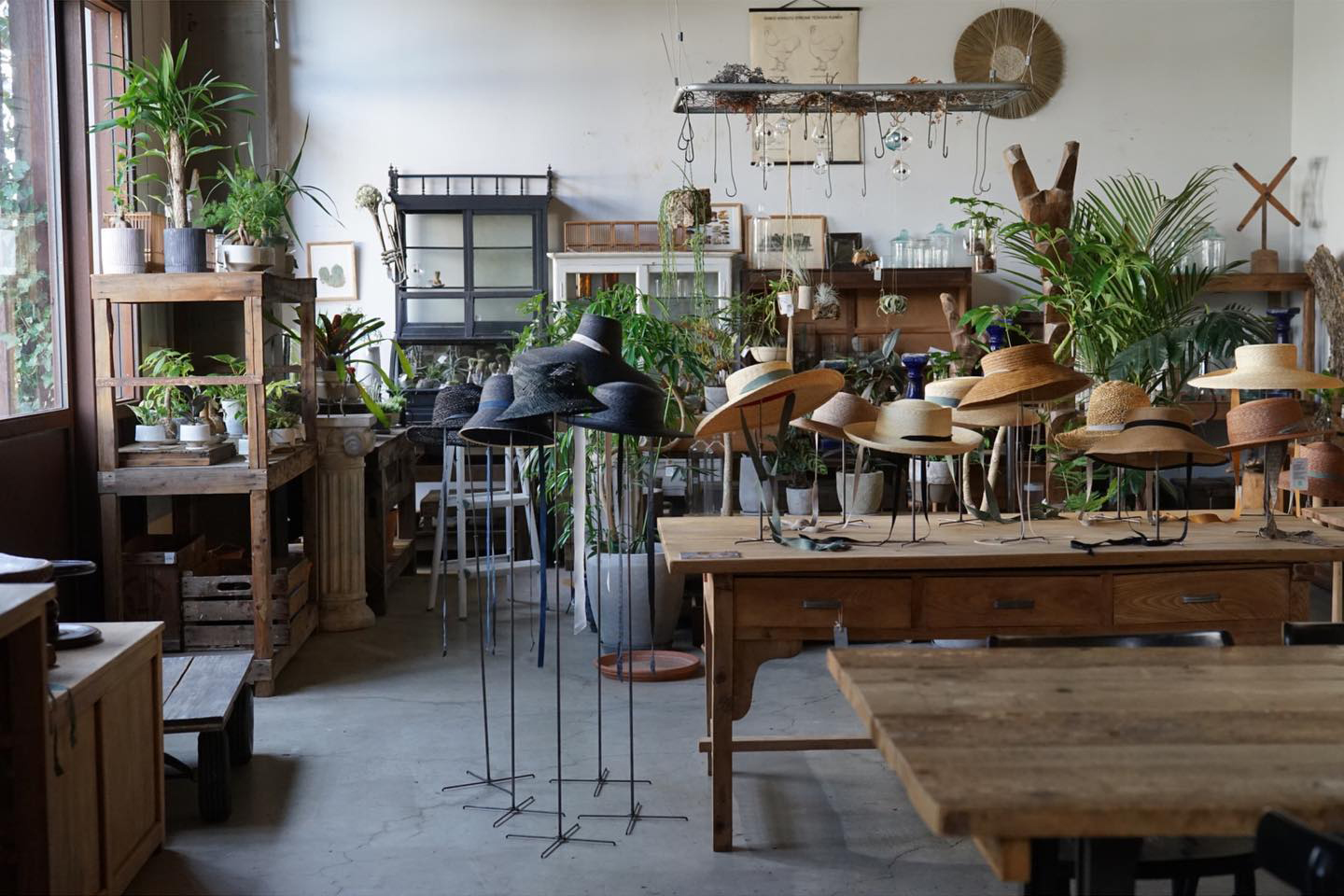
The events of the last year have crippled industries across the board leaving companies scrambling to figure out how to survive as countries worldwide endure lockdown after lockdown. Schumacher‘s ace hospitality team—led by Benjamin Frowein, President of Schumacher, and Isabel Elliman, Associate Director of Hospitality—decided to dig in and get to the bottom of what the hotel industry, in particular, would need to do in order to rebound and succeed over the next decade and beyond. The result? A fascinating and substantial report featuring 40 experts in management, design and travel that proves the long-term resiliency of the hotel industry (click here to see more).
Below, an edited and condensed version of Frowein’s interview with Abby Elyssa of Hotelbusiness.com about the team’s report and the positive findings that surprised them the most. Plus, a few additional questions we had here at The Edit for Frowein and Elliman.
Why hospitality design? What about this industry inspires and motivates you?
BENJAMIN FROWEIN: Only a few people know that Schumacher has had a huge presence in hospitality design since the 1890s. Our first wallpaper ever was produced for the grand opening of the Waldorf Astoria in NYC. When I joined Schumacher in early 2016, we said “let’s bring our legacy back and become a leader in hospitality again.” My personal love for hospitality started as a kid. Part of my extended family owns beautiful hotels across Europe and staying at them has always been a highlight. Today, I truly believe that hospitality design brings a very innovative perspective to the interior design world. Since design investments are made to last for 5-10 years, the hotel industry creates today what is relevant tomorrow. I absolutely love that.

Schumacher assembled a report on the state and future of hospitality design—can you detail some key findings?
BF: My team, led by Isabel Elliman and me, interviewed 40 decision makers across the hospitality spectrum from hotels to commercial design firms to purchasing agents in order to understand how we can all succeed over the next decade. I don’t want to distract from encouraging industry peers to pursue reading the full report—but I am happy to say that the key findings are very positive: Travel and hotel occupancy is very likely to continue to grow after a full rebound in 2022. A lot of hospitality players still remain motivated and are looking for opportunities to expand over the next 2-3 years. We also heard that the role of design—especially when it comes to the influence of design in creating a one-of-a-kind experience—will play an even more important role.
ISABEL ELLIMAN: The consensus among experts we interviewed was that when people can safely resume traveling, they will! Luxury consumers remain hungry for global travel, even though they haven’t been able to act upon it during the pandemic, and it ranks at the top of the list of things that they have missed the most in their lives in 2020. Experts agreed that they sense a growing pent-up demand for travel and hotel stays among their traditional client base.

What inspired or led you to create this in-depth report? Was there a light-bulb moment when you thought “we need to do this for the industry”?
IE: At Schumacher, we are very lucky to know so many different decision-makers within the hospitality industry, so we wanted to gather and share their insights with the community at large, especially during this tumultuous time. The report identifies specific strategic initiatives for creating meaningful connections that can result in lasting business success. We encourage leaders to use this period as a critical opportunity to retool, reinvigorate and reinvent in order to advance in the coming decade.
Did any of the findings surprise you? How so?
BF: Yes! The optimism of our interview partners across the board. I admit I was still in shock of this unprecedented drop in occupancy rates across the globe. Neither 9/11 nor the financial crises impacted the hospitality industry nearly as severely as COVID-19 has. But the interviews clearly showed that the future of hospitality is bright – presenting opportunity and adventure for both businesses and hopeful travelers. On the leisure side, we believe that people will still want to see the world and use travel as a personal growth experience. Business travel will rebound too: Our world is simply too globalized; companies (Schumacher being one of them) are already realizing how important human connection is and that international business relationships are built on trust, something very difficult to gain through just video conference calls.

In your personal opinion, what does the future of hospitality design look like?
BF: Creating a meaningful connection between the guest and the destination will be the strategic focus of the next decade. The hotel industry will be largely defined by travelers’ demand for something that is more than a beautiful property – but also offers unique experiences and unforgettable stories to share with friends and family. We predict that in this new era of travel, guests will be seeking out meaningful connections in every phase of their interaction with a property, from initial research and booking, straight through to post-stay follow-up. When it comes to design for example, we believe that “global design promises” will be replaced by highly individualized concepts that correspond to and enhance the cultural and environmental context of each property. All driven by the client’s wish to connect with their destination and feel good about their choice.
In addition to COVID, 2020 also saw the global emergence of the Black Lives Matter movement and a growing focus on climate change/sustainability. Do you foresee either or both of these as having an effect on the hospitality industry as we look beyond 2021?
IE: Yes! The Schumacher Hospitality panel of experts reported that going forward, luxury travelers might demand—or at the very least, enthusiastically respond to—an experience that is inherently positive for all communities. Creating meaningful connections in this context will require hotels to authentically walk-the-walk in every way by looking for and implementing responsibility solutions. Guests should feel that they’ve enriched themselves during their stay and have done good for the destination they’ve visited and their global community. Now is the time to heighten these meaningful connections through deliberate design and procurement strategies.

Are there any newly opened or soon-to-be opened hotels you’re particularly excited to visit post-COVID?
IE: Within the U.S., I want to visit the recently opened Canopy Hotel in Philadelphia’s Stephen Girard Building. I’m impressed by how the design (ArvoKO) and architect (BLT Architects) teams succeeded in weaving together local history with modern elements. They’ve really anticipated the shifts in expectations we call out in our report that interior design and property landscaping should be in dialogue with their immediate surroundings.
Internationally, I am looking forward to visiting the Graduate Cambridge in Cambridge, England, when it opens later in 2021! My sister is a student at Cambridge University, so I foresee a trip across the pond when it’s safe to do so. Our team was lucky to work on this project with the hotel’s design team, and it’s always exciting to see projects come to life! I can’t wait to see the local traditions and heritage that are highlighted throughout the property.

Do you have a favorite memory of a hotel visit? Are there any details that stand out to this day?
IE: I stayed at the Woodstock Inn in picturesque Woodstock, Vermont, over a beautiful Spring weekend a few years ago. The hotel had recently been redone by the Dallas, Texas-based interior and architecture firm Paul Duesing Partners. As a history major with a love for all things Vermont, I appreciated that the design was inspired by the Inn’s founders and other notable people associated with the area over the years. Even the names of the rooms helped tell the stories of the people who had shaped the community. The lobby and the guest rooms weave together traditional New England charm, local materials and history with modern touches and luxe amenities. I can’t wait to return!


